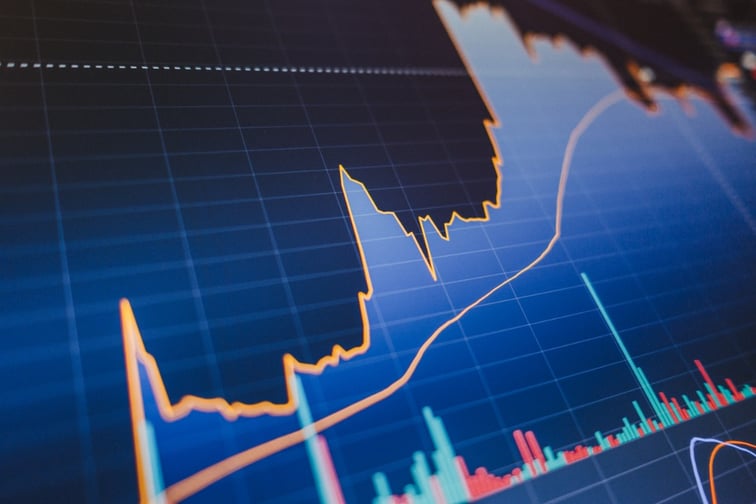

New equity research from Jefferies highlights that in the global property-catastrophe reinsurance market, prices have seen an additional increase of 3% on a risk-adjusted basis, following a 37% rise last year.
The trend suggests continued robust demand in the industry, with margins improving modestly despite already high prices, without any apparent negative impact on volumes. Notably, there seems to be no sign of deflation across various lines.
According to a recent report by Howden, the increase in global property-catastrophe prices can largely be attributed to insurers’ exposures growing, fueling demand for reinsurance. This demand is supported by stable pricing, encouraging cedants to purchase more coverage for tail risks. Gallagher Re’s report aligns with this, indicating that most loss-free contracts saw price increases ranging from 0% to 10%.
Europe has also witnessed surprising strength in rate rises, specifically in certain regions. Loss-free Turkish contracts, influenced by the earthquake, have seen increases between 50% and 100%. German, Swiss, Austrian, and Eastern European loss-free contracts have also experienced significant hikes, ranging from 7% to 15%. This trend seems more pronounced in Europe compared to the US and most of Asia, where increases generally have generally ranged between 0% and 10%. China stands out in Asia with increases of 5% to 20%, reflecting underlying profitability issues.
In the casualty and specialty lines markets, pricing is also on the rise. Gallagher Re’s data suggests that casualty pricing, contrary to last year’s trend, is up by 0% to 10% in most regions. In France, casualty prices have risen more significantly, with increases between 0% and 15%. Specialty lines pricing seems relatively uniform across various lines, with increases between 0% and 15%. Political violence coverage has seen price hikes between 5% and 10%, possibly due to the numerous elections scheduled globally this year.
The cyber insurance market, however, presents a divergent view. While there is consensus on rising volumes and greater coverage purchases, opinions on pricing vary. Gallagher Re reports cyber insurance prices rising between 0% and 20%, whereas Howden suggests a more buyer-friendly environment with potential decreases in premiums.
Despite the significant price rises last year, there has been no indication of deflation in the market. Margins seem to have increased again, and strong demand has not only maintained but possibly grown the volume of business.
Finally, Howden’s report also indicates that retrocession prices remained flat at renewal. This suggests that while reinsurers are selling their products at higher prices, they are not paying more for their own protection. This could indicate that tail risks are now adequately priced.
What are your thoughts on this story? Please feel free to share your comments below.
